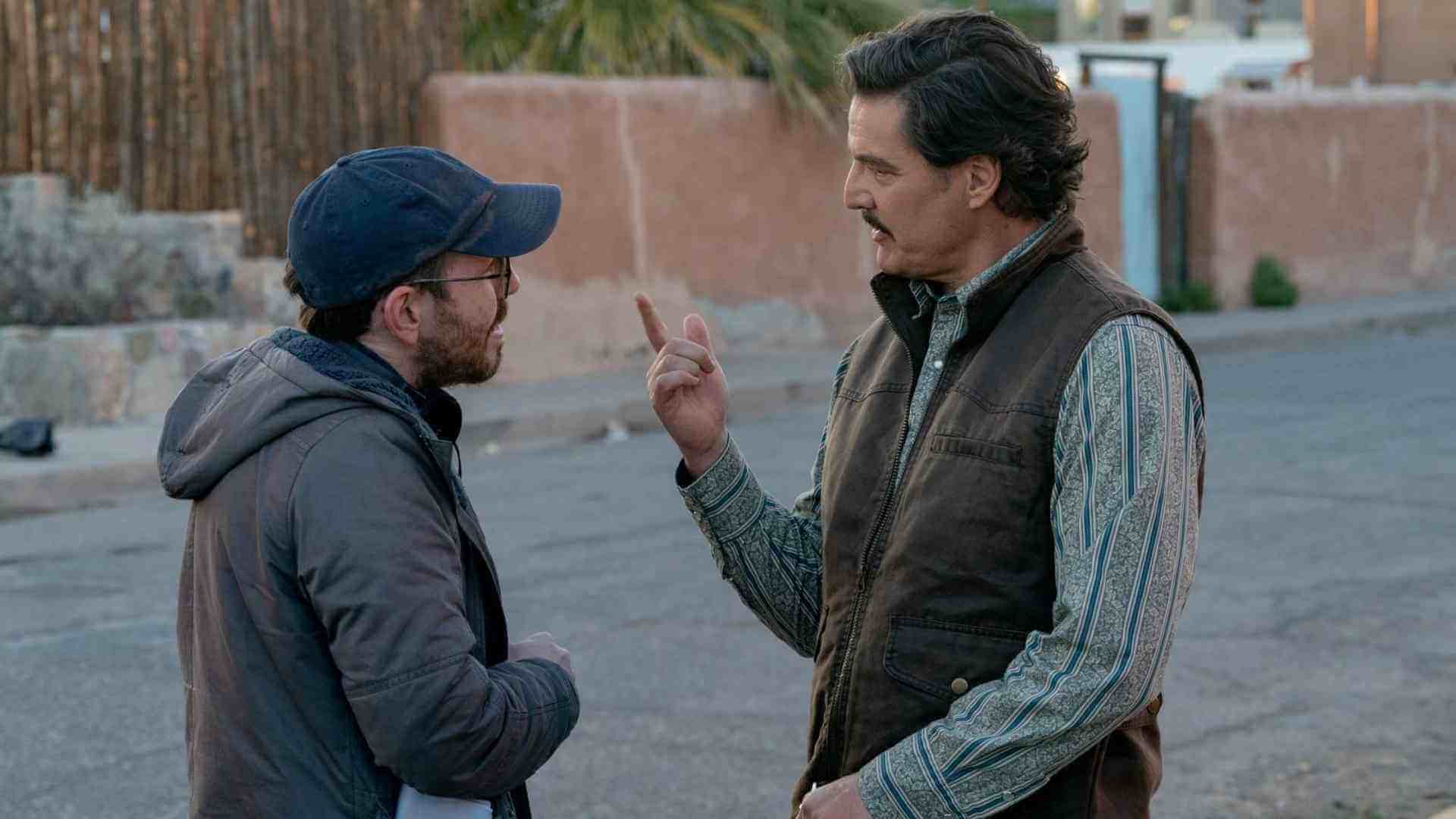Ari Aster is just asking questions, like "How the hell do we get off this thing?"
The Eddington writer-director talks veiling his politics, capturing COVID dread, and staring down AI.
Photo: A24
Ari Aster wants to upset you. As the writer-director transitions from horror provocations like Hereditary and Midsommar to the more expansive anxiety-freakouts of Beau Is Afraid and his new 2020-set Western Eddington, the real world keeps trickling in. Horror, once a genre where Aster could gleefully work through black-humored family tragedies and bad breakups, is now soaked into his films like sweat into a mattress.
Eddington is his furthest yet from horror’s aesthetic, but it’s still one of his scariest creations, if only because of its dedication to dredging up the traumatic memories of a summer dominated by COVID, QAnon conspiracies, and the murder of George Floyd. If that sounds like a lot of controversy to pack into a single film, well, that’s Aster’s intent. If something even more sinister slips through the cracks, that’s also his intent.
Aster sat down with The A.V. Club after a screening of Eddington at Chicago’s Music Box Theatre to talk about the terrifying future we’re all barreling towards.
The A.V. Club: Are you a stress dream person?
Ari Aster: Yes.
Eddington and Beau Is Afraid both seem like films where you woke up in a cold sweat and needed to write down what your brain had conjured up.
Aster: I tend to not even have to write it down because it’s how my brain works, which is why I’m given to dreams like that.
While Beau Is Afraid is set in like…the Death Wish world, you set Eddington in New Mexico because you’re from there. I’m from the south, and every time I visit, I’m reminded that there’s this ideologically alien world just next door. How do you keep that personal connection honest while putting it through this heightening lens?
Aster: As you said, I’m from New Mexico and I was living in New Mexico at the time of writing the script—I was living in New Mexico at the time of lockdown. I was feeling what was in the air, and it felt distinct. It felt similar, because I’d been feeling dread for a long time—the film was written in a state of dread and anxiety—but it also felt like things had come to a very definitive boil. It felt like things could explode at any minute. It could be tomorrow, it could be years from now. But it felt like we were moving towards something very scary. I wanted to get that on paper.
 Keep scrolling for more great stories.
Keep scrolling for more great stories.
